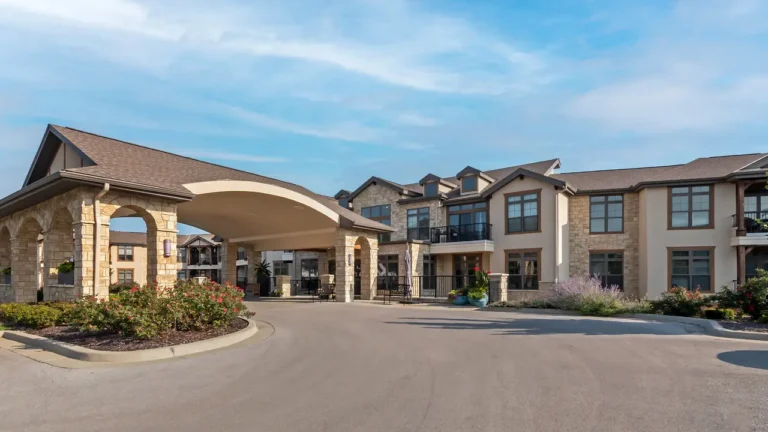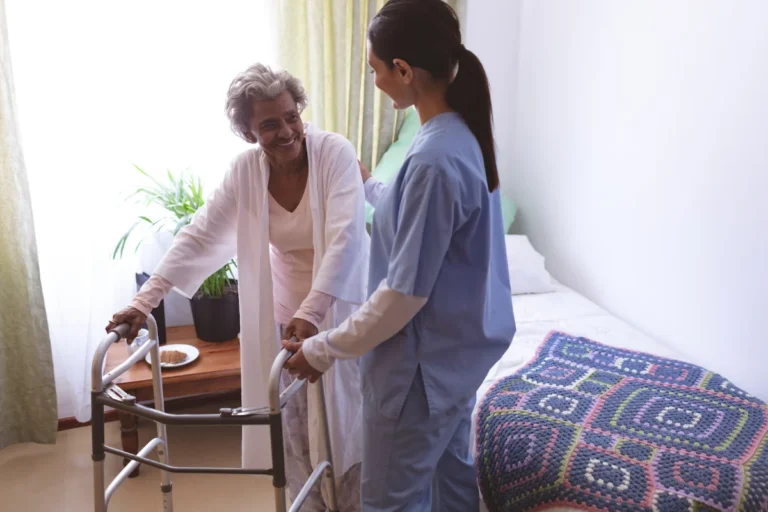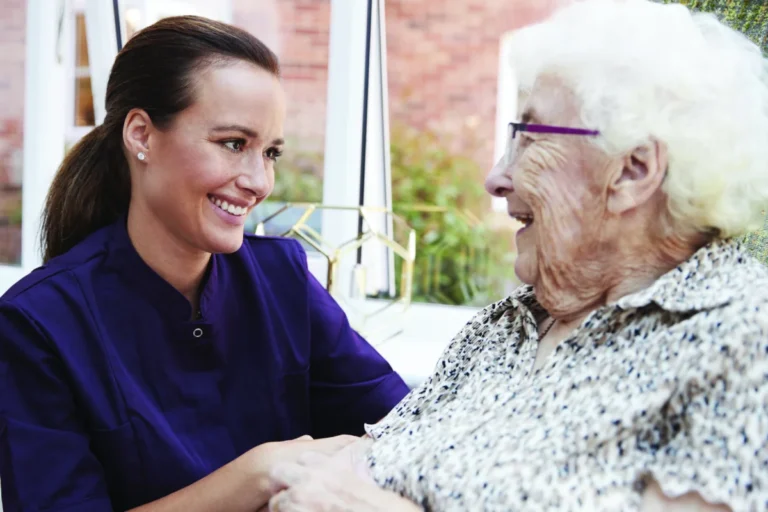According to the National Alliance on Caregiving, nearly one in five people provide unpaid care to an adult with health or functional needs in the United States. Nearly 90% of these people care for a relative – typically a parent, spouse or partner, grandparent or grown child.
Cleaning, grocery shopping, cooking, assisting with medical appointments and managing medications are just a few of the duties of an elderly family caregiver. But those responsibilities will ultimately depend on the person’s health and needs.
Many times, becoming a family caregiver is not ideal. It starts with noticing a loved one’s health declining and slowly helping them with daily tasks. Then it starts to become more time consuming and you realize you are a full-time caregiver to your loved one. And while you only want what is best for them, taking on the role of a family caregiver can be exhausting.
November is National Family Caregivers Month, and it is a time to raise awareness and give support to the caregivers in our lives. Continue reading to learn what a family caregiver is and what their role entails.
What Is a Family Caregiver?
A family caregiver cares for the health and well-being of someone who needs help with daily tasks and activities. Being a family caregiver is an extremely challenging job with hours that often exceed the normal eight-to-five workday. Most caregivers also have other jobs and spend an average of 24 hours a week caring for a loved one.
What are the duties and responsibilities of a caregiver?
While all caregiving experiences are unique, there are certain duties and challenges family caregivers will face when they are providing care. Some of these include:
- Assisting with daily living activities. Depending on the person’s needs and abilities, caregivers assist with tasks like bathing and dressing, as well as cooking and cleaning. The more reliant the person becomes on the family caregiver, the more time the caregiver will be spending on their loved one’s needs, often putting them above their own needs.
- Mobility assistance. With age comes chronic conditions like osteoporosis or arthritis, which can make it challenging for seniors to move throughout their home. The caregiver might need to assist the person in moving from one place to the next, such as from the bed in the morning to a chair in the living room. Or, helping them get into and out of a car or up a flight of stairs. The labor involved in assisting with these mobility issues can be a demanding task that often puts the caregivers’ own physical well-being at risk.
- Transportation. It is common for family caregivers to transport loved ones to doctor appointments, shopping trips, social activities and more. While this is not a strenuous task, don’t forget that driving from one place to the next can take a great deal of time out of the caregiver’s day, leaving them less time to complete their own errands or spend time with their families.
- Monitoring medication and various health care tasks. If an aging loved one’s health begins to decline further, family caregivers are often required to administer medications or even intravenous fluids and injections – tasks for which they have no formal training and may feel uncomfortable to perform.
Family Caregivers Need a Support System
Caregivers are some of the hardest working, dedicated employees in the workforce. But they often times cannot simply do it all on their own. There are resources that every family caregiver can use to ensure that their loved one has the best care, even when the caregiver cannot provide it all themselves.
The age-old saying, “it takes a village,” is relevant not only to raising children but also to caring for aging loved ones. Family caregivers should take stock of their support system and identify individuals and tools that can help them in times of need.
The local community can help family caregivers support and care for loved ones. Local resources like support groups, senior centers, nursing homes for respite stays and other programs are available in most areas. Rehabilitation centers, like Coulterville Rehabilitation & Health Care Center, can lend a much-needed helping hand in the recovery of seniors. This includes those who have undergone a major surgery or for seniors who need some form of rehabilitation therapy – physical therapy, occupational therapy and speech therapy. The goal of rehabilitation is to restore lost functionality and reduce the risk to long-term health.
Rehabilitation centers, like Crystal Pines Rehabilitation & Health Care Center, can also relieve caregiver stress by providing education on health conditions, like heart health. The community provides education and evaluates the many intricacies of the heart, including underlying causes, medications and lifestyle changes.
At Tutera Senior Living, we know the value of a family caregiver. We work with you as a partner in caring for your aging loved one. Want to learn more about Coulterville, Crystal Pines or another Tutera Senior Living community? Contact us today. Want to explore your options for a community near you? Try our community finder tool and learn more about each Tutera location!







